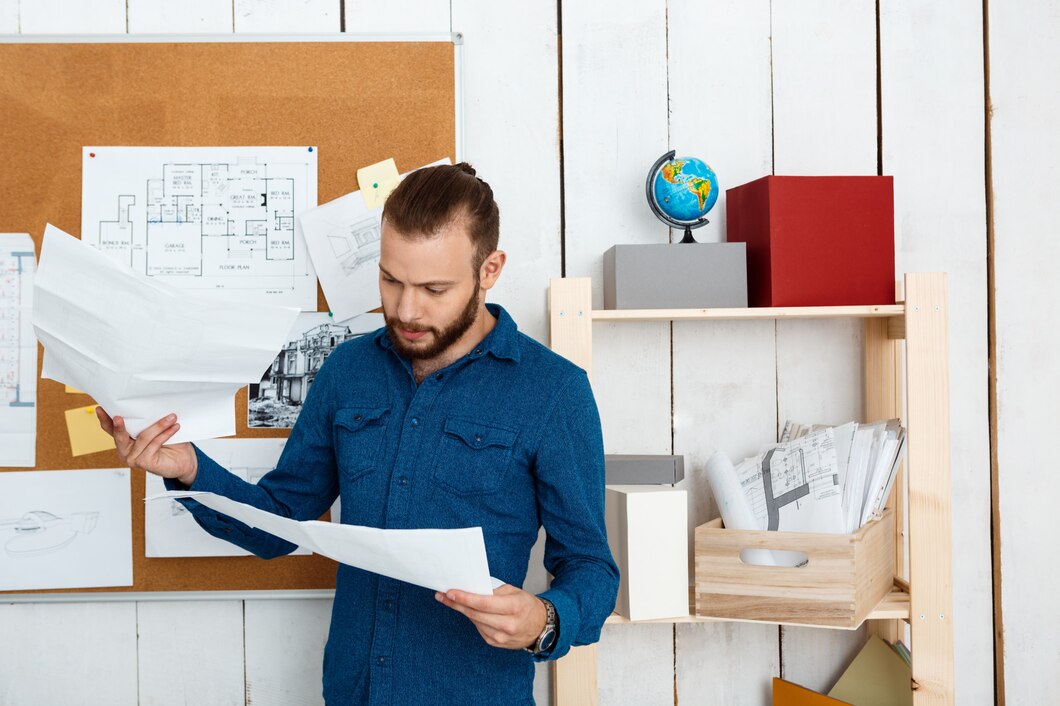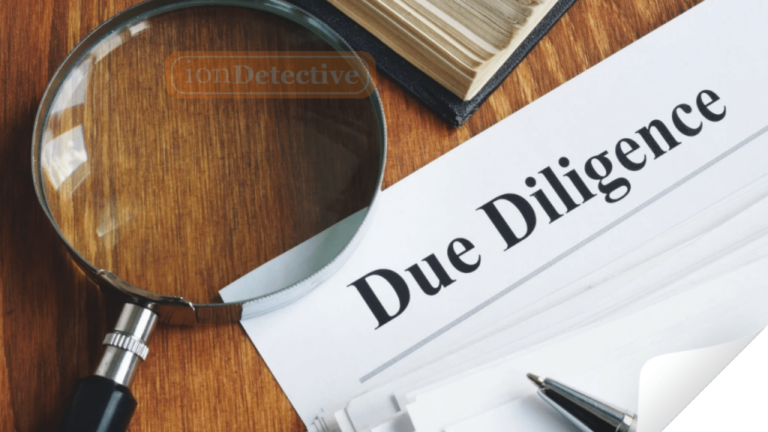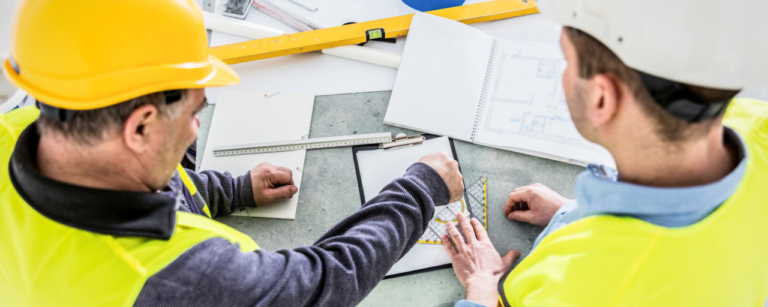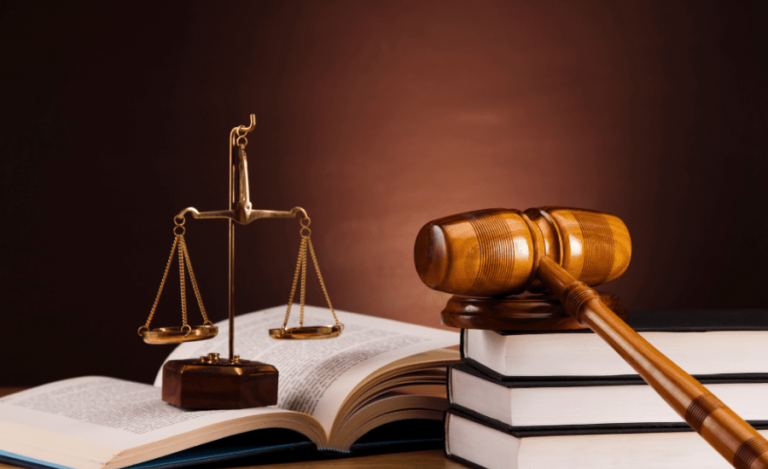Essential Rental Property Maintenance: Tips for Hassle-Free Management
Managing a rental property involves more than simply finding tenants and collecting rent—it requires ongoing maintenance to keep the property in excellent condition. By implementing essential maintenance practices, landlords can avoid costly repairs, increase tenant satisfaction, and protect the long-term value of their investment. In this guide, we’ll cover key rental property maintenance tips for hassle-free management.
Create a Maintenance Schedule
A well-structured maintenance schedule helps ensure that important tasks are completed consistently. This proactive approach prevents small problems from escalating into larger, costlier issues. Divide your schedule into categories: weekly, monthly, seasonal, and annual maintenance tasks.
For example:
- Weekly/Monthly Tasks: Check exterior lighting, inspect for water leaks, and test smoke detectors.
- Seasonal Tasks: Clean gutters, check HVAC systems, and inspect the roof.
- Annual Tasks: Conduct a full property inspection, service the water heater, and inspect the foundation.
By adhering to a structured schedule, you reduce the risk of unexpected repairs, minimize tenant complaints, and maintain the property’s appeal.
Prioritize Preventative Maintenance
Preventative maintenance is one of the most effective strategies to ensure hassle-free property management. This approach involves regularly inspecting and servicing key systems (like plumbing, heating, and air conditioning) before they fail.
For example, scheduling biannual HVAC servicing ensures that heating and cooling systems run efficiently, which can prevent unexpected breakdowns that may result in expensive repairs and unhappy tenants. Routine checks on plumbing for leaks or corrosion also help to prevent water damage and mold, both of which can lead to significant repair costs.
When landlords are proactive with preventative maintenance, it extends the lifespan of appliances and systems, saving time, money, and stress.
Respond Quickly to Tenant Maintenance Requests
Tenant satisfaction is key to minimizing turnover, and one of the most effective ways to keep tenants happy is by addressing their maintenance requests promptly. Whether it’s a broken appliance, a plumbing issue, or a faulty window, ensuring quick response times shows tenants that you care about their living conditions. This not only builds positive tenant relationships but also prevents minor issues from escalating.
To streamline this process, consider setting up an online maintenance request system where tenants can easily submit their issues. Respond within 24-48 hours, even if it’s to acknowledge the request and schedule a follow-up. Swift action can prevent legal issues and reduce the risk of property damage caused by delayed repairs.
Regular Inspections Are Key
Conducting regular property inspections, both inside and outside, helps landlords spot problems before they become major headaches. These inspections are an opportunity to ensure that tenants are taking care of the property and to address any maintenance concerns they may not have reported.
Here’s a checklist of areas to inspect:
- Interior: Check for water leaks, test appliances, and ensure the HVAC system is functioning properly.
- Exterior: Inspect the roof for damage, clean gutters, and check for foundation cracks or signs of settling.
- Safety Features: Test smoke alarms, and carbon monoxide detectors, and ensure fire extinguishers are properly maintained.
Perform these inspections at least once a year, and always schedule an inspection when a tenant moves out. Regular inspections will give you a clear picture of your property’s condition and provide insight into maintenance areas that need attention.
Know When to Call in the Professionals
Although landlords or property managers can handle many maintenance tasks, certain jobs require the expertise of a professional. Complex tasks such as electrical work, plumbing issues, HVAC repairs, and roof maintenance—including replacing a roof in Tooele—are best left to licensed contractors to ensure the work is done safely and correctly.
Building relationships with reliable contractors ahead of time will also save time when urgent repairs arise. Having trusted professionals on call allows you to address issues quickly and efficiently, minimizing disruptions and maintaining the integrity of the property.
Budget for Maintenance and Repairs
Unexpected repairs are inevitable, and landlords should always have a budget allocated for maintenance and repair work. It’s recommended to set aside 1-2% of the property’s value annually for maintenance expenses. For example, if a property is worth $200,000, budgeting $2,000 to $4,000 per year for repairs and maintenance is a good rule of thumb.
Having a financial cushion ensures that repairs can be made without delay, keeping tenants happy and preventing further damage to the property.
Educate Tenants on Maintenance Responsibilities
Encourage tenants to play a role in maintaining the property by clearly outlining their responsibilities in the lease agreement. Simple tasks like changing air filters, keeping the property clean, and promptly reporting issues can help avoid more significant problems.
Provide tenants with an easy-to-understand maintenance guide that includes instructions on how to perform basic tasks (like unclogging a drain) and a list of what to do in case of an emergency. Educated tenants are more likely to take better care of the property, reducing the need for frequent repairs.
Stay Compliant with Local Laws and Regulations
Rental property maintenance isn’t just about keeping things in good working order—it’s also about staying compliant with local housing laws and safety regulations. Make sure you’re familiar with the legal requirements regarding safety features like smoke detectors, carbon monoxide alarms, and fire extinguishers. Regularly review local housing codes to ensure your property meets all safety and health standards.
In Conclusion
Proper maintenance is key to the success of any rental property. By implementing a regular maintenance schedule, prioritizing preventative measures, and responding quickly to tenant requests, landlords can reduce stress, avoid costly repairs, and ensure tenant satisfaction. Following these essential maintenance tips will help you manage your rental property efficiently while protecting your investment for years to come.
Keep an eye for more news & updates on NyHeading!





